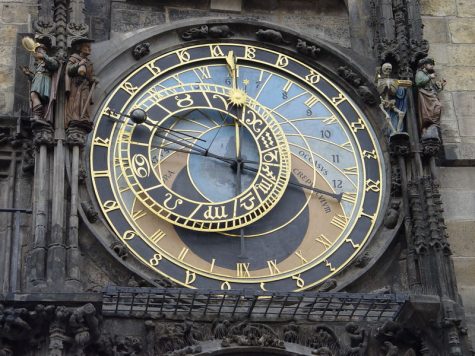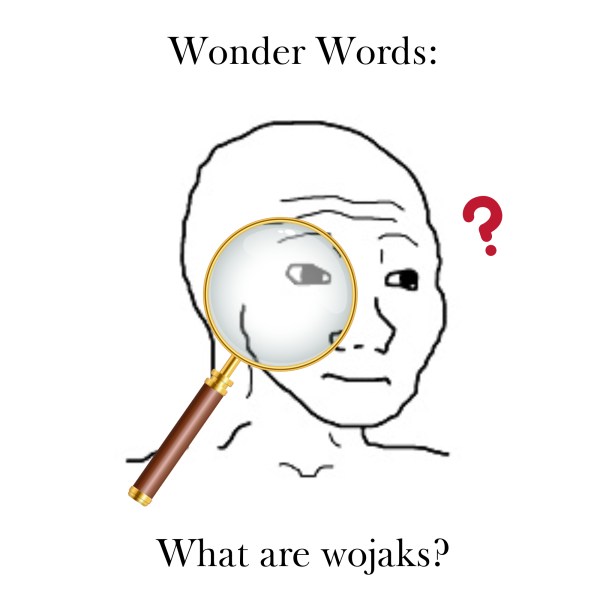How Do Horoscopes Work?
They can be found anywhere from Snapchat Discover stories to local newspapers, and they are often questioned about their accuracy. But is there actually a science behind those random zodiac posts on Instagram, or are they just completely made up?
Horoscopes are short predictions or forecasts of a person’s future based on the specific astrological positions of the Sun, moon, stars, and planets. Predictions are usually made using the time of the person’s birth, or the person’s zodiac sign. There are twelve zodiac signs that correspond with different time periods of the year, including Aries, Taurus, Gemini, Cancer, Leo, Virgo, Libra, Scorpio, Sagittarius, Capricorn, Aquarius, and Pisces. Each sign is known to have distinct personalities, characteristics, preferences, strengths, and weaknesses. Astrology claims to give a glimpse of a person’s true self, and can help people gain a better understanding of others based on their particular zodiac sign.
The twelve zodiac signs can be further categorized into four separate groups — fire, water, air, and earth — which are the four elements of nature. Aries, Leo, and Sagittarius are the fire signs, who tend to be passionate and adventurous. The water signs, Cancer, Scorpio, and Pisces, can be very sensitive and emotional. Gemini, Libra, and Aquarius, the air signs, are often social and intellectual people. Last but not least, the earth signs, which consist of Taurus, Virgo, and Capricorn, are very down to earth (no pun intended), loyal, and practical.
The practice of astrology was first created in ancient times as a way to justify natural events, such as floods, famines, or other disasters. Before scientific advancements, people blamed everything on the movement of celestial bodies. The Chinese, as well as the Aztec, Incan, and Mayan cultures of South America, all had their own variations of the zodiac with slight variations, although modern astrology is mostly based on the western zodiac. The Babylonians are most often credited with creating the basic system of the zodiac, much of which we still use today.






